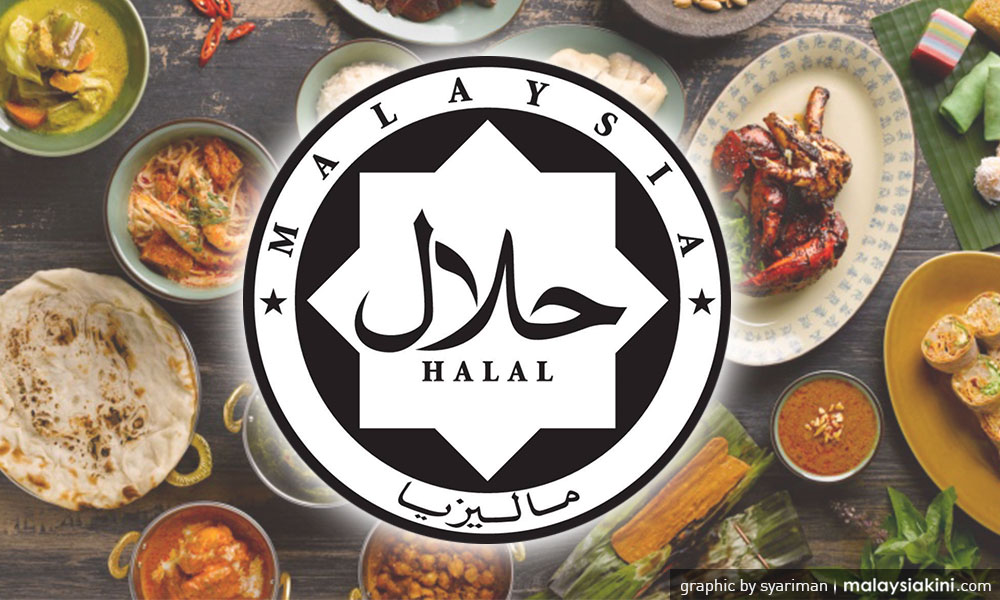On Dec 21 and 22, 2020, a local newspaper published several exposes about a ‘meat cartel’ that specialises in importing meat into Malaysia. According to the reports, the cartel has been in operation for more than 40 years.
The cartel would bring non-certified meat into Malaysia and pass it off as halal-certified products. Among the stock they bring in are kangaroo meat, horse meat, beef of poor quality, or even meat from diseased animals.
The cartel allegedly worked with several officers from government agencies to bring in the meat into this country as halal-certified meat. The officers would be bribed with money and even sex in order for the cartel to continue to operate.
Quoting from the reports, “…the process began abroad, where government agency officers entrusted with supervising the quality of the meat at the slaughterhouses would sign off on the products whether or not they met Malaysia's rigorous halal and quality standards.”
Once the cartel bypassed this first stage, they would bring the products into the country via ports, where ‘representatives’ in government agencies based at the ports would then assist the meat to be allowed entry into Malaysia.
It was also reported that the cartel used ‘proxy companies’ to ensure that the heads of the cartel were sufficiently distanced from the operations. This would make it difficult for the authorities to establish a direct link between the activities and the individuals.
The reports have caused shockwaves across the country. They have caused concern and worry especially amongst Muslims. As we know, the status of halal meat in Malaysia has a high degree of trust amongst the people, especially those of the Muslim faith. The possibility that Muslims have been consuming non-halal meat for years thinking that the meat is halal is disturbing, to say the least.
A related worry would be in relation to food safety. If indeed some of the meat were of poor quality, or from diseased animals, consumers would be exposed to health risks by consuming them. There is also the concern with regards to how these meats were handled and stored if officers can be bribed to compromise the integrity and quality of the meats.

Food safety not only concerns Muslims but society as a whole regardless of religion. When we buy meat, we want to be assured that they are safe for consumption.
The government must view these reports seriously. A thorough investigation must be conducted with no stone left unturned. It was reported that the MACC has already begun investigations into the allegations. According to reports, no fewer than four government agencies are involved with the cartel, and the MACC must ensure that these agencies are investigated too.
The fact that the cartel could carry out their operations for years and work hand-in-glove with government officials shows the extent of how embedded these operations are.
The exposes, if true, are proof once again that corruption is cancerous to society. The nation loses billions of ringgit each year due to corruption, and now we can see that corruption also has a negative effect on public trust in the integrity of halal meat imported into the country, as well as raises questions about food safety in Malaysia.
We must combat corruption as a matter of priority. There can be no tolerance for this bane to our society, and we must all work together to ensure that these sorts of activities can no longer take place in Malaysia.
We are paying a high price for corruption.
SYAHREDZAN JOHAN is a civil liberties lawyer and political secretary to Iskandar Puteri MP Lim Kit Siang. - Mkini
The views expressed here are those of the author/contributor and do not necessarily represent the views of MMKtT.




No comments:
Post a Comment
Note: Only a member of this blog may post a comment.